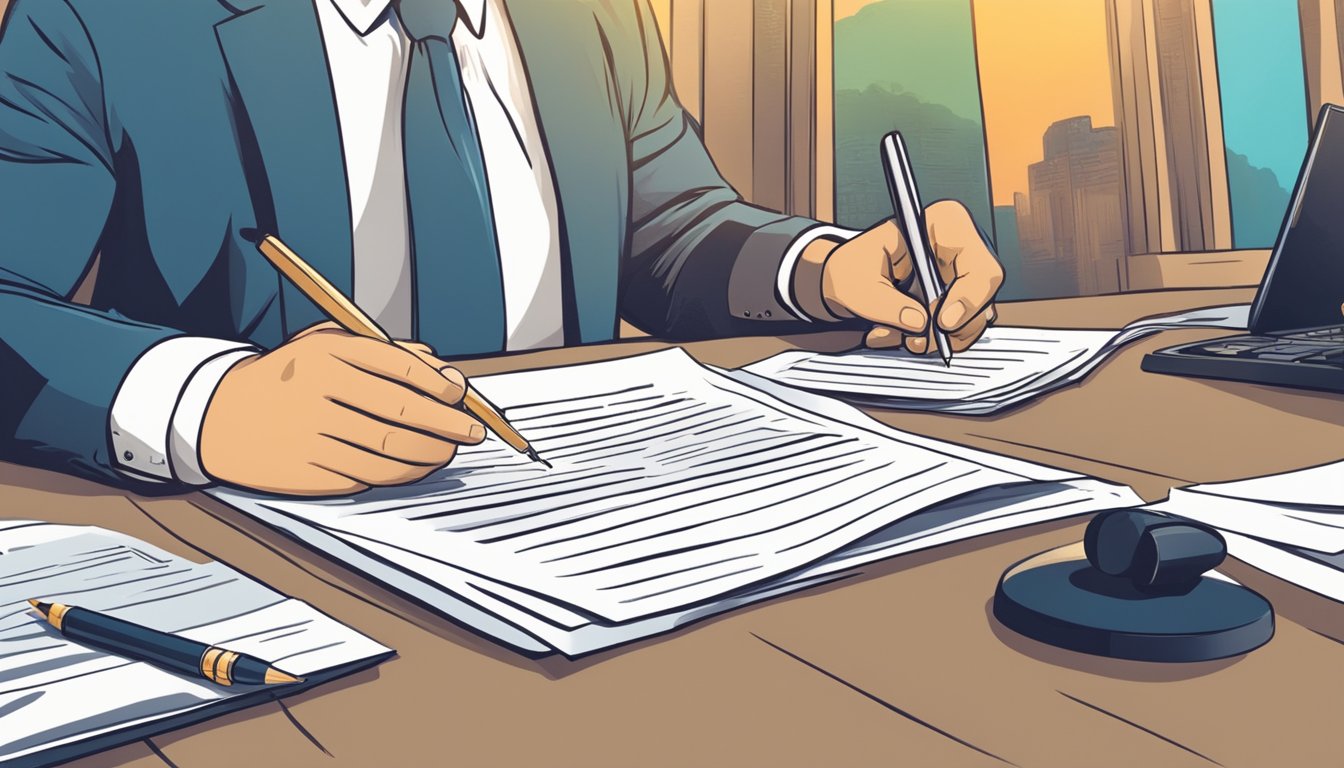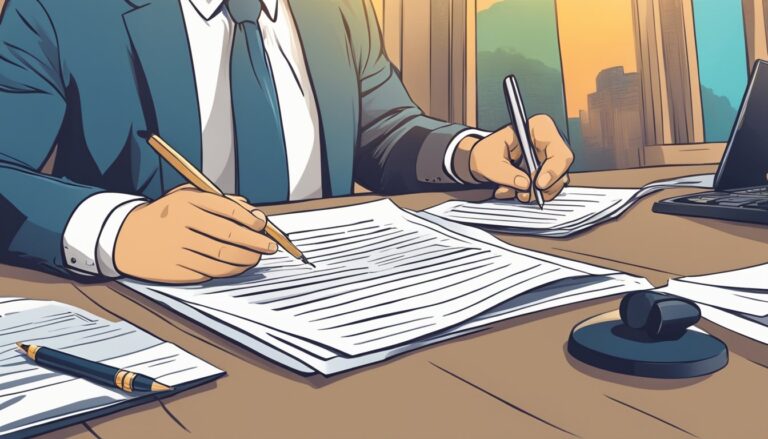Understanding Personal Injury Protection
Personal Injury Protection (PIP) is also known as no-fault insurance.
It covers medical expenses and other related costs after a car accident, regardless of who is at fault.
This type of auto insurance is available in specific no-fault states and can often be included as an optional rider in other states.
Key Benefits of PIP Coverage
- Medical Expenses: PIP covers your medical bills if you are injured in a car accident.
- Lost Wages: The policy provides compensation for lost income due to injuries.
- Funeral Expenses: It helps cover funeral costs if a policyholder dies in an accident.
- Medical Payments Coverage: PIP acts as supplementary coverage to your existing health insurance by paying the deductible on your health insurance plan.
Policy Details
Your PIP coverage typically includes a coverage limit, which is the maximum amount the policy will pay per incident.
The insurance deductible is the amount you must pay out of pocket before the insurance kicks in.
The specific coverage limit and deductible are determined by your state and your individual policy choices.
States and Coverage
PIP insurance is required in some states and optional in others.
Each state has its own rules and regulations.
For a better understanding of the automobile policy in your state, check your local guidelines.
Who Needs PIP?
As a policyholder, it’s important to assess your needs.
PIP is beneficial if you lack sufficient health insurance, have a high health insurance deductible, or live in a state that mandates PIP.
By including Personal Injury Protection in your auto insurance policy, you ensure that you, your passengers, and even pedestrians are covered for medical expenses, lost wages, and other costs after an accident.
This gives peace of mind knowing that you have broader coverage in unexpected situations.
Personal Injury Protection in Practice
Personal Injury Protection (PIP) provides key benefits that cover medical bills, lost wages, and other necessary services after an auto accident.
It ensures that financial worries do not burden you during recovery.
The Impact of PIP on Medical Bills
PIP coverage significantly helps with medical bills after an accident.
This may include expenses for emergency room visits, surgeries, and rehabilitation.
For instance, if you need immediate medical care after a car crash, your PIP can cover those costs up to your policy limit.
By doing so, it helps prevent financial strain from unexpected medical expenses.
In some states, PIP is mandatory, ensuring everyone has some coverage for medical costs after an accident.
PIP and Loss of Income
If an accident causes you to miss work, PIP can cover lost wages.
This is crucial for those who rely on a steady paycheck to manage everyday expenses.
For your lost wages to be covered, you may need documentation from your employer confirming your inability to work due to the accident.
PIP ensures that the financial impact of your injuries is minimized, allowing you to focus on recovery without worrying about your income.
Additional PIP Benefits
Beyond medical bills and lost wages, PIP offers additional benefits.
It can cover household services like child care or house cleaning if your injuries prevent you from fulfilling these responsibilities.
For example, if you are unable to perform tasks at home, PIP can pay for someone to help with house cleaning or child care.
This helps maintain normalcy in your household while you focus on recovering from your injuries.
Navigating Legal and Insurance Aspects

When navigating the intricacies of personal injury protection (PIP), it’s crucial to understand state-specific laws, how PIP coordinates with other insurance types, and the proper handling of claims and disputes.
Understanding State-Specific PIP Laws
PIP laws vary significantly by state.
In no-fault states like Michigan, Florida, and New York, PIP is mandatory.
These states mandate that your insurance cover medical expenses regardless of who is at fault.
Other states like Texas use a different approach, where PIP is optional but commonly included in policies.
In states like Minnesota and Oregon, PIP provides coverage for medical expenses, lost wages, and sometimes additional services like child care.
Massachusetts and Maryland ensure that PIP covers all necessary medical treatments due to accidents.
Familiarizing yourself with your state’s requirements helps you choose the right coverage to avoid gaps and ensure full protection.
Coordination with Other Insurance Types
PIP must often be coordinated with other insurance policies like liability and health insurance.
This coordination determines the order in which benefits are paid and helps maximize your coverage.
Liability insurance covers damages and costs to other parties if you are at fault, whereas health insurance covers medical expenses.
In no-fault states, PIP provides primary coverage for medical expenses, reducing your out-of-pocket costs.
Understanding the interaction between PIP and other insurance helps prevent delays in claims processing and ensures all potential benefits are utilized.
Policies like assigned risk can offer additional coverage if you have trouble finding insurance due to a high-risk profile.
Handling PIP Claims and Disputes
Filing a PIP claim involves notifying your insurer immediately after an accident and providing all necessary documentation, such as medical reports and accident details.
This process ensures your claim is processed quickly and efficiently.
If disputes arise, they often involve disagreements over the necessity or cost of medical treatments.
You may need to engage legal assistance to resolve these disputes.
States like New Jersey and Utah have specific protocols for resolving PIP disputes, often involving mediation or arbitration.
Keeping thorough records and understanding your policy details can significantly ease the handling of any claims or disputes you may face.






